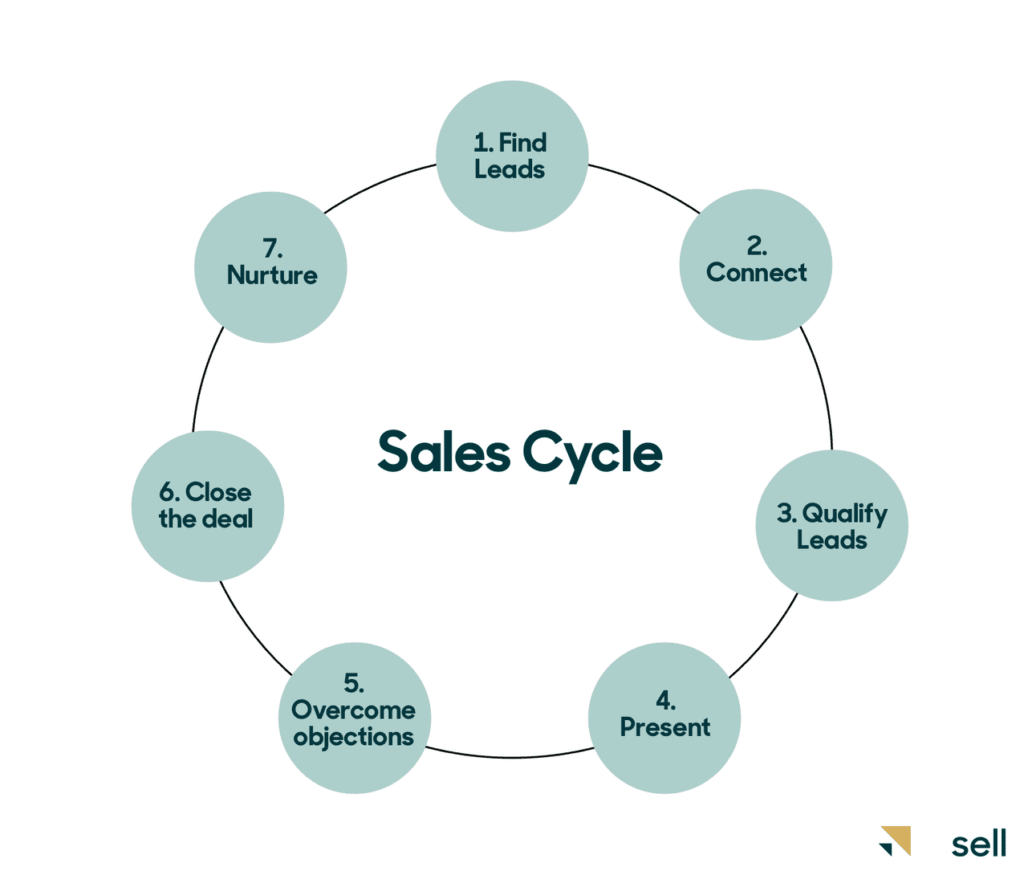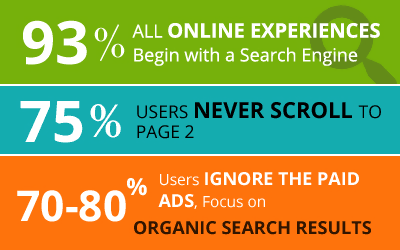Are you a business owner? If the answer is yes, please tell us you’re incorporating video into your digital marketing strategy… If you’re not, you’re missing out on a huge opportunity.
Why? Because video is crucial to showcasing your brand and ultimately, getting more clients. And what business owner doesn’t want more clients? After you’re done with this article, circle back to find out how to attract the right clients.
But for now, we’ve got Andrew Marr, Owner and CEO of Digital Storyteller on camera to discuss the importance of using video in your digital marketing strategy.
Let’s hear what this ranting Scot has to say.
Why is Video Important to My Digital Marketing Strategy?
So, why is video important? At Digital Storyteller, we love our metrics and statistics. (Our awesome SEO manager, Devin Aubert, however, is on another level when it comes to statistics love!)
This considered, we thought we’d demonstrate the importance and popularity of video with some stats from Techjury. Let’s take a look at the booming industry. Did you know…
- “Video is the number 1 source of information for 66% of people.
- Over 500 million people watch Facebook videos every day.
- More than 75% of all video views come from mobile devices.
- The global video market was valued at $39.61 billion in 2018…” (Imagine where it’s at now!?)
- “YouTubers upload 300 hours of video content to the platform every minute.
- 93% of businesses gain new customers as a result of branded video content.”
The point is so many individuals watch videos nowadays.
In fact, our owner and CEO Andrew admits to watching at least 50 to 100 short videos a day through Facebook, Instagram, and LinkedIn. Hey, it’s where his enjoyment sits!
But it’s not just cute puppy videos that grab his attention, Andrew reminds us.
“I learn from video. Most clients in the financial services world, the clients that we work with, have a hard time with video, and understandably so…”
Why? Truth is, it’s hard to sit in front of the camera and talk, especially about ourselves!
Today, Andrew says, your digital marketing strategy must include not only long-form blogs, newsletters, white papers, etc. but also videos. Why? If not, you’re missing out on a huge group of viewers, and therefore, prospects.
How Can I Get Started?
So, if you’re a business owner, you might be wondering… “How do I get started with this video stuff?”
Don’t worry, you don’t have to reinvent the wheel.
All you need in terms of video length is 30 seconds to a minute.
“But what do I talk about?!” Don’t worry—Think about the questions you receive over and over as a business owner.
For Andrew, these questions include the following:
- Why should I outsource my marketing?
- How long does it take to see an ROI when it comes to organic marketing?
- Why does Digital Storyteller specialize in financial services?
- How much does your marketing cost?
- What is organic content marketing?
So, think: What are the five main recurring questions you get? Then, sit down and answer those questions.
Make your videos short and to the point.
If you’re not answering a question that you frequently get from clients, consider telling a story instead. You can tell a story about…
- How your business helped a client
- Someone on your team
You can even ask a client to record a video testimonial for you if you’re not quite ready to jump in front of the camera yourself! Here’s how to ask for a client testimonial.
Still Not Convinced?
Video is social media’s favorite form of content right now. By using video, you will increase your traffic, up your engagement, AND people will simply get to know you better by seeing your face, hearing you talk, and getting to know your personality!
Read on for more information about boosting your engagement via video in our article “Want to Connect with Your Prospects? Use Video.”
How to Record a Great Video
Need more guidance? Not sure what to wear in the video? Or, how to position your camera? Read our article “How to Record a Great Zoom Testimonial” for all the answers you seek.
PS: These tips apply just as well to non-Zoom video recordings! Happy recording!
















